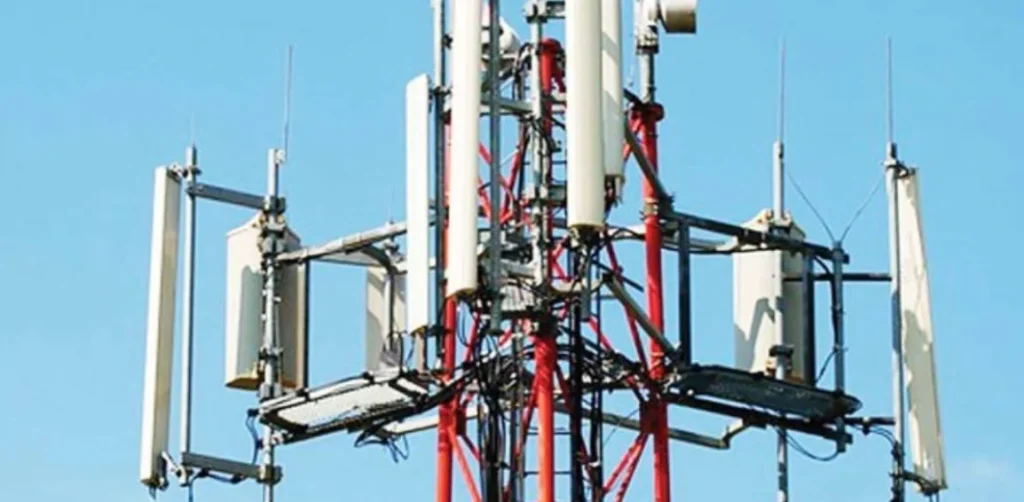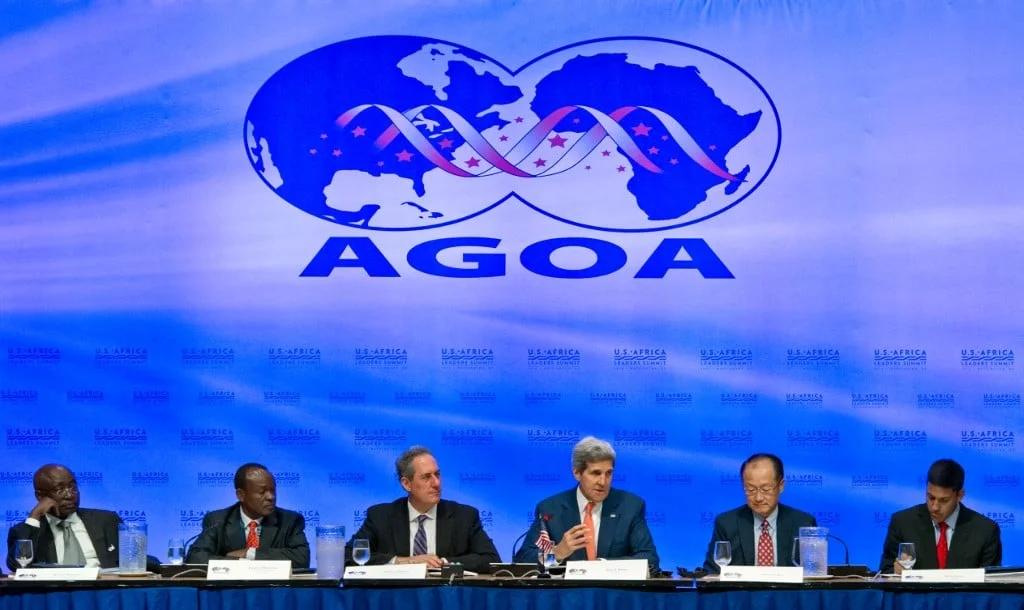Nigeria’s economy, like many others, is navigating challenging macroeconomic headwinds, including inflation. The situation was made worse by the effects of subsidy removal and foreign exchange (FX) liberalisation, which were introduced upon assumption of office by the Tinubu-led administration.
Amidst this complex economic landscape, a new report from PwC suggests that Nigeria’s information and communications technology (ICT) sector, which is experiencing rapid growth at 8.6%, might be a positive for the economy. This robust growth is particularly noteworthy when viewed against the backdrop of Nigeria’s economic struggles.
PwC attributes the impressive growth in the ICT sector to the surge in data service consumption and increasing subscriber numbers. The proliferation of mobile devices and the growing demand for digital services have significantly contributed to this trend.
To put it into a clear perspective, in August, the Nigerian Communications Commission (NCC) revealed that telecommunications subscribers in Nigeria consumed a total of 518,381.89 terabytes of data in 2022. As of August this year, Nigeria’s mobile Internet subscriptions stand at 158.48 million, and its broadband penetration is 45.57%, according to the NCC.
Recall that in the first quarter of the year, Nigeria’s Information and Communications Technology (ICT) sector contributed a significant 17.47% to Nigeria’s GDP (real gross domestic product).
According to the NBS report for that quarter, that amounts to about N3.1 trillion of the total N17.75 trillion of the country’s real GDP. This amount was also a notable increase in the ICT sector’s GDP contribution, surpassing the figures for the first quarter of 2022, which stood at N2.86 trillion.
Financial services industry follows the ICT sector
While the ICT sector shines as Nigeria’s fastest-growing industry, other sectors have also shown resilience and adaptability. Notably, utilities (31.8%), financial services (26.8%), and construction (3.4%) have demonstrated significant growth rates.
The utilities sector’s growth can be partly attributed to the increase in the number of metered customers by 3.1% to 5.47 million people. Financial services have seen growth driven by increased interest income, digital transactions, and forex revaluation gains.
Conversely, the transportation and storage sectors faced challenges, primarily due to the removal of petroleum subsidies by the federal government. This decision led to higher fuel prices, prompting some private car owners, particularly those with lower incomes, to opt for public transportation. The subsequent rise in transportation fares for local and interstate journeys has deterred many from commuting and impacted their personal and business activities.
Nigeria’s economic growth rate is projected at 4% in 2024
The broader economic context in Nigeria presents challenges. PwC’s Nigerian Economic Outlook for October 2023 suggests that the country may face marginal real economic growth, with a projection of 2.8% for 2023 and 3% for 2024. Factors contributing to this slowed growth include inflationary pressures, the rising cost of living, and macroeconomic headwinds that have led to a slowdown in economic activities.
The report indicates that the marginal GDP growth witnessed in the second quarter of 2023, increasing from 2.3% in Q1 to 2.5%, may be attributed to both the lingering effects of a cash crunch and the emerging effects of domestic reforms, including subsidy removal and FX liberalisation. These reforms, led by the country’s ministerial and economic management team, are anticipated to contribute to the country’s economic growth in the medium term.
In recent years, Nigeria has experienced a difference between the official exchange rates and the parallel market exchange rates, mainly due to foreign exchange inflows from autonomous sources. Additionally, inflation rates have gone up, driven by both food and transportation inflation. The report predicts that the removal of the petrol subsidy will continue to impact inflation in the short and medium term.














